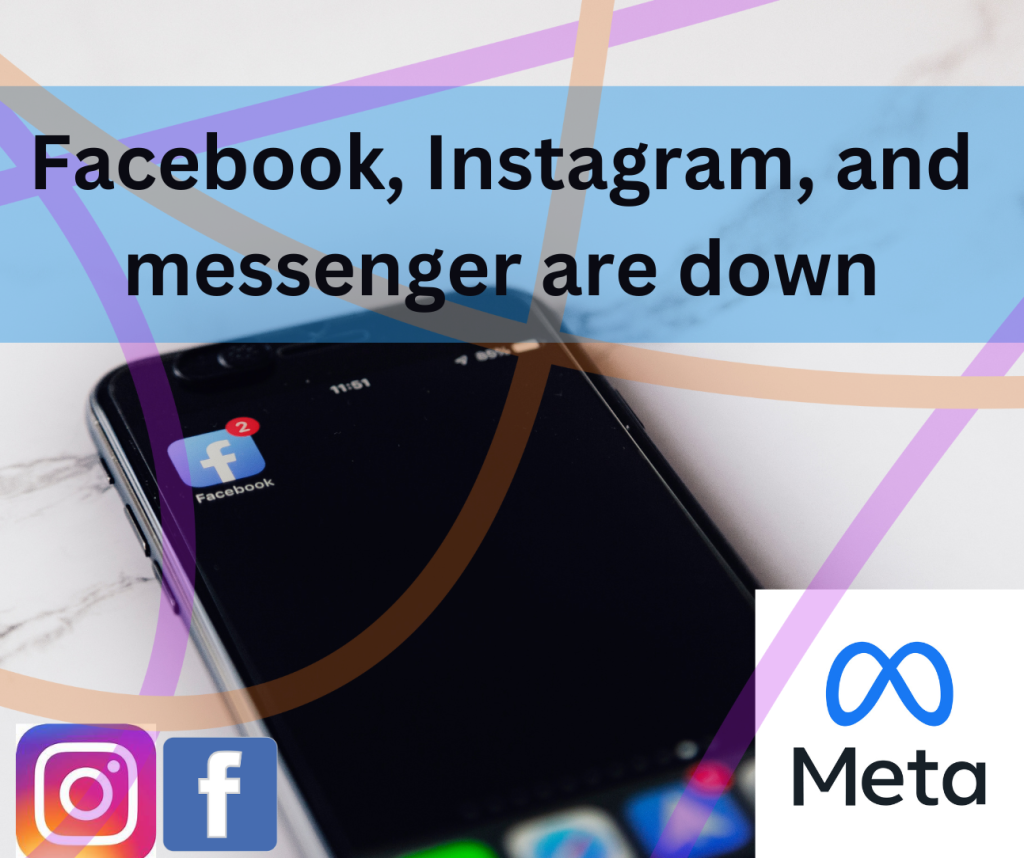On March 5, 2024, both Facebook and Instagram experienced significant outages that impacted thousands of users. Don’t panic if you were signed out of Facebook at random; you’re not alone. The outage forced users to sign out, and it also affected Instagram and potentially the app Threads. However, there is no need to change your password; the interruption is the result of a service outage, not a phishing attempt.
Why did Facebook and Instagram go down?
The recent Facebook and Instagram outage on March 5, 2024, was caused by technological challenges on the sites. While the particular details have not been made public, it looks to be tied to server or infrastructure issues. These outages can occur for a variety of causes, including software flaws, hardware difficulties, or network disturbances. The companies are actively trying to rectify the issue and restore normal service to users. In the meanwhile, we appreciate your patience while they handle the matter. 🛠️🔧
How often do such outages occur?
Outages on Facebook and Instagram are not common, but they can happen occasionally. Usually, unanticipated challenges, server malfunctions, or other technological difficulties are the source of these disruptions. Even while the platforms work hard to maintain stability, any large-scale online service occasionally has outages. Much like passengers waiting for a delayed train, users everywhere eagerly anticipate their favorite social media networks being restored.
🚂🌐
When something like the recent March 5, 2024 outage occurs, Facebook quickly deploys its technical teams to find and fix the root cause. These are the actions that they usually take:
- Incident Detection: Automated monitoring systems identify irregularities, like elevated error rates or interruptions in service. Alerts are triggered when anything goes wrong.
- Triage and Investigation: The primary reason is looked into by engineers. To identify the issue, they examine logs, metrics, and system activity. Teams must work together throughout this time.
- Communication: Facebook keeps users informed and acknowledges issues in an open manner. To update users, they employ official channels (social media, status sites, etc.).
- Mitigation: Engineers attempt to lessen the effects. They may provide temporary remedies, reroute traffic, or reverse back modifications, depending on the nature of the problem.
- Resolution: After determining the underlying problem, engineers put a long-term fix into place. This could entail capacity scaling, infrastructure modifications, or code modifications.
- Post-Incident Review: Facebook carries out a careful investigation to draw lessons from the occurrence. They evaluate the successes and pinpoint areas in need of development.
- Preventive Measures: They increase automated testing, monitor more closely, and streamline procedures to stop recurrence.
Keep in mind that even the biggest IT companies occasionally have problems, but their dedication to fixing them quickly guarantees that users have a better experience.
🛠️🔍
